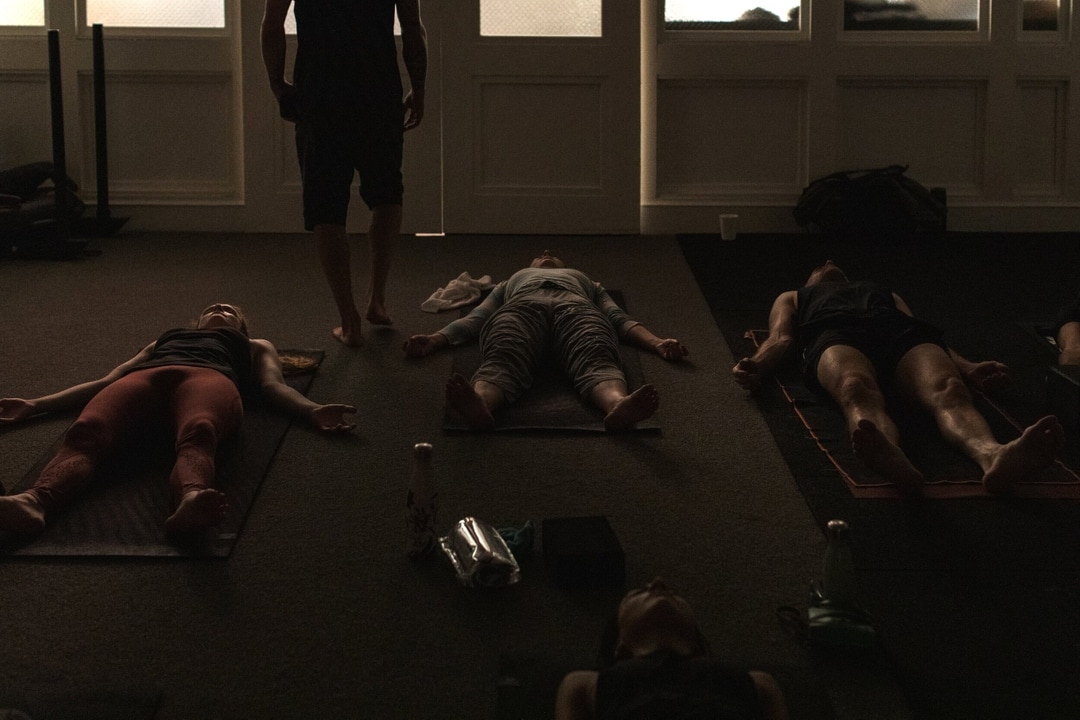The Benefits of Sleep: How a Good Night's Rest Can Improve Your Athletic Performance
MATTHEW BURNS
Back to Blog
June 7, 2020
Here at MOTIVNY, we pride ourselves in looking at our athletes through a holistic lens. It’s not just about the work we put in on the table; it’s just as important that we take into consideration your lifestyle and its demands outside of our studio.
Sleep is usually an afterthought, following training, recovery, diet, etc. We’re here to open some eyes and change the narrative about the importance and value of sleep.

We tend to think of sleep as a time when the mind and body shut down where in reality, sleep is an active period in which a lot of important processing, restoration, and strengthening occurs. There is a symbiotic relationship between sleep and your goals.
Benefits of Sleeping
- Heart and Cardiovascular Health lack of sleep has been associated with worsening of blood pressure and cholesterol, which are risk factors for heart disease and stroke.
- Reduction in Stress there is an amplification in reactivity of the amygdala - a key spot in triggering rage and anger - in those who are sleep-deprived
- Reduction in inflammation mediators of inflammation are altered by sleep loss and are elevated in these scenarios. Reducing inflammation can expedite the recovery process when dealing with any injuries.
- Improved Alertness a good night’s sleep will provide you with more energy and a higher level of alertness the next day. When waking up feeling refreshed, it’s easier to go out and attack your day.
Detriments of Sleep Deprivation
- Memory Loss sleep plays a role in memory consolidation. Deep sleep, in particular, is important for your brain to make memories and connections.
- Compromised Immune System sleep has an important effect on our immune system and sleep deprivation can make you more susceptible to various maladies.
- Weight Gain a lack of sleep affects your body’s release of insulin, a blood sugar-lowering hormone, and increases the risk for type 2 diabetes.
- Injury Risk lack of sleep can affect your proprioception and neuromuscular control, making you more prone to injuries.
Tips for Improving Sleep
- Go to bed and wake up at a similar time each day, especially with our current circumstances it is important to create consistency and routine.
- Keep your bedroom temperature on the cooler side; about 65F is optimal for your body to prepare for sleep (wear socks if your feet are cold).
- An hour before bedtime, dim the lights and turn off all screens. Blackout curtains can be helpful as well.
- Avoid caffeine after 1p in the day and never go to bed tipsy. Alcohol is a sedative and sedation is not sleep.
- If you can’t sleep, get out of bed and do something quiet and relaxing until the urge to sleep returns. Try some breathing practices or meditation.
